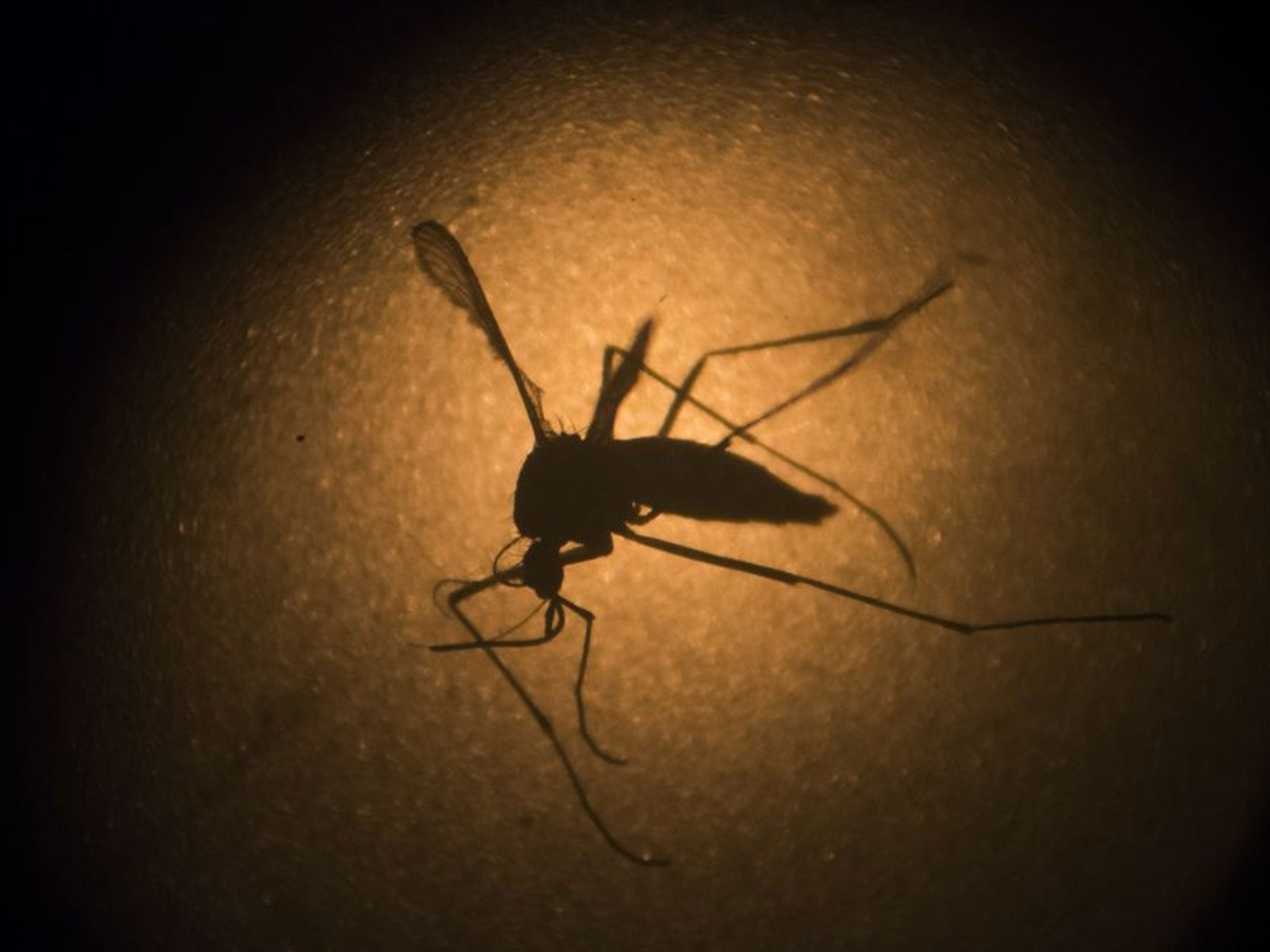Travel Question of the Day: Simon Calder on Zika virus in the Caribbean
Have a travel question that needs answering? Ask our expert Simon Calder

Your support helps us to tell the story
From reproductive rights to climate change to Big Tech, The Independent is on the ground when the story is developing. Whether it's investigating the financials of Elon Musk's pro-Trump PAC or producing our latest documentary, 'The A Word', which shines a light on the American women fighting for reproductive rights, we know how important it is to parse out the facts from the messaging.
At such a critical moment in US history, we need reporters on the ground. Your donation allows us to keep sending journalists to speak to both sides of the story.
The Independent is trusted by Americans across the entire political spectrum. And unlike many other quality news outlets, we choose not to lock Americans out of our reporting and analysis with paywalls. We believe quality journalism should be available to everyone, paid for by those who can afford it.
Your support makes all the difference.Q A young friend of mine is due to travel to St Lucia on her honeymoon. Her travel firm has recently emailed to say that Zika virus has been found there. She is now worried about the consequences of this. She is not pregnant but would be considering children in the future and has concerns about the long-term effects. Apart from not wanting to fall ill on their very expensive honeymoon, do you have any advice for the couple with regards to changing island, or will they find the same situation everywhere in the Caribbean at the moment?
Name withheld
A Congratulations to your friend for her impending marriage, and sorry to hear about her concerns about the long-term effects of this mosquito-borne virus.
Zika is basically harmless to the vast majority of people who contract it. The symptoms are unpleasant: headache, fever, rash, joint pain and conjunctivitis (red eyes). About four-fifths of the people who catch it display no symptoms, but Zika can cause complications for the children of pregnant women. It has been associated with the condition known as microcephaly, in which babies are born with abnormally small heads.
The World Health Organization says: “The geographical distribution of Zika virus has steadily widened since the presence of the virus was confirmed in October 2015.” St Lucia is one of many Caribbean islands in which it has been transmitted locally by Aedes mosquitos.
The US Centers for Disease Control and Prevention (CDC) has a useful Q&A on Zika in pregnancy, available at bit.ly/CDCZika, On the subject of future pregnancy, it says: “Based on the available evidence, we think that Zika virus infection in a woman who is not pregnant would not pose a risk for birth defects in future pregnancies after the virus has cleared from her blood.” That usually takes a week, with a maximum of two weeks. Based on this expert opinion, I cannot see that there would be any advantage in switching destination away from St Lucia.
Indeed, it is possible to infer from the CDC information that contracting Zika when there is no intention to conceive could in one sense be beneficial: “From what we know about similar infections, once a person has been infected with Zika virus, he or she is likely to be protected from a future Zika infection.”
In terms of not wanting to get ill - well, an uncharitable person might point out that they are clearly not too risk averse, since they chose to go to a tropical island at a time of year when mosquito activity increases. A rigorous regime of avoiding mosquito bites will help protect against Zika, as well as the unpleasant Chikungunya Fever.
Every day, our travel correspondent Simon Calder tackles a reader’s question. Just email yours to s@hols.tv or tweet @simoncalder
Join our commenting forum
Join thought-provoking conversations, follow other Independent readers and see their replies
Comments